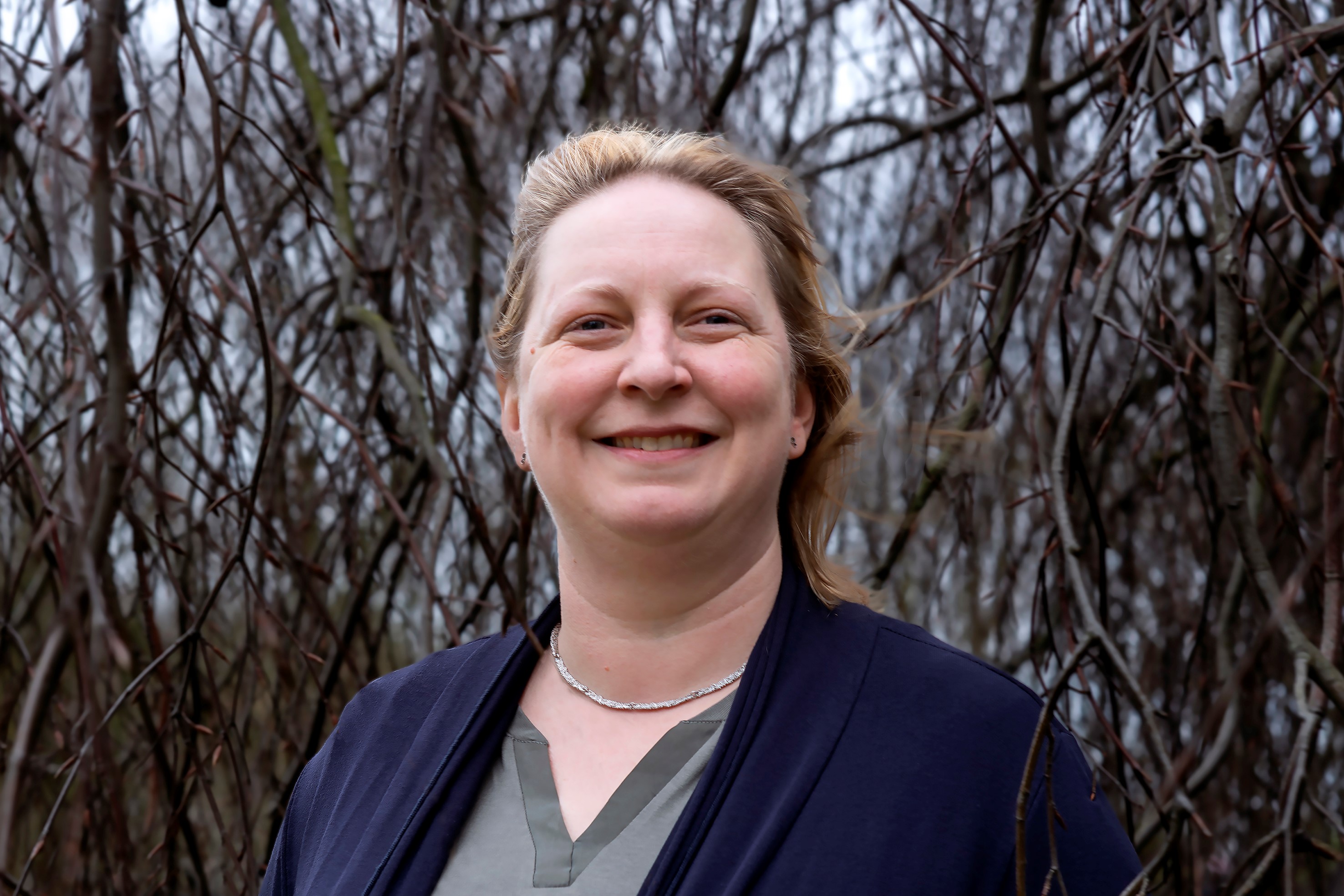Radically new approach of self-care for Alzheimer's patients
ICT4Life is an EU-funded project. Its objective consists in implementing an innovative platform that connects patients, families, health professionals and care-givers through user friendly tools, using results of intensive research in emerging technologies in machine intelligence, computer vision and ambient sensing. The platform is aimed at facilitating patient empowerment, supporting care-givers and establishing cooperation channels within professionals for integrated care.
More autonomy, security and time-efficiency
ICT4Life develops a radically new approach of self-care and integrated care for patients affected by Parkinson's, Alzheimer's and other dementia. Thanks to new digital tools like apps, movement sensors and a Smart TV, ICT4Life promotes more autonomy, security and time-efficiency.
ICT4Life innovative approach to integrated care is based on its social eHealth ecosystem. Scientific research on end-users is the basis for offering personalized models of care. ICT4Life focuses on the early prevention, independence and wellbeing of senior citizens, especially when they live by themselves.

Department of Data Science and Knowledge Engineering
DKE + ICT4LIFE
Maastricht University through the Department of Data Science and Knowledge Engineering (DKE)/ Robots, Agents and Interaction (RAI) group is playing a central role in the project since its beginning in 2016, by conducting cutting-edge research in ambient intelligence and user modelling and creating personalized models of indoor activities for the older individuals with Parkinson’s disease and Alzheimer’s.
The ICT4Life technologies will allow to:
- Monitor the patients in real-time to alarm and call for early intervention
- Prevent fall risk, social isolation, depression, poor well-being and inadequate medication management
- Promote patient’s independency, safety and social involvement
- Provide on time support to care-givers, helping them to feel less stressed
Team Members
Dr. Stylianos Asteriadis
Assistant Professor at DKE (Principal Investigator)
Dr. Mirela Popa
Postdoctoral Researcher at DKE
Mr. Dario Dotti
PhD candidate at DKE
Mr. Matteo Amestoy
Research Associate
Applicability for Alzheimer’s patients
Its specific role focuses on Artificial Intelligence instruments for patients’ activity recognition, multimodal fusion and personalization, using optimization techniques. The approach prosed for discriminating between normal and abnormal behavior patterns was presented in the VISAPP’17 Conference.
As a Consortium member, the University of Maastricht plays a key role throughout all phases of the project, and especially in evaluation procedures, integration, single modalities validation, data pre and post-processing and dissemination in major scientific events in the field of behaviour analysis, image processing, computer vision and artificial intelligence.
Also read
-
Maastricht University received grants for three of the ten research projects starting in the National Growth Fund program Circular Plastics NL.
-
"I am proud that our new Circular Plastics group published its first completely in-house research," Kim Ragaert says. She founded the research group three years ago, when she moved to Maastricht. Her work has laid the foundations for many innovations in the field of plastic recycling, and she is...
-
Programming quantum computers, like the quantum computer itself, is still in its early stages. Quantum computing researchers tend to be physicists, mathematicians, or computer scientists who have a special interest in the mathematical framework of quantum mechanics.


